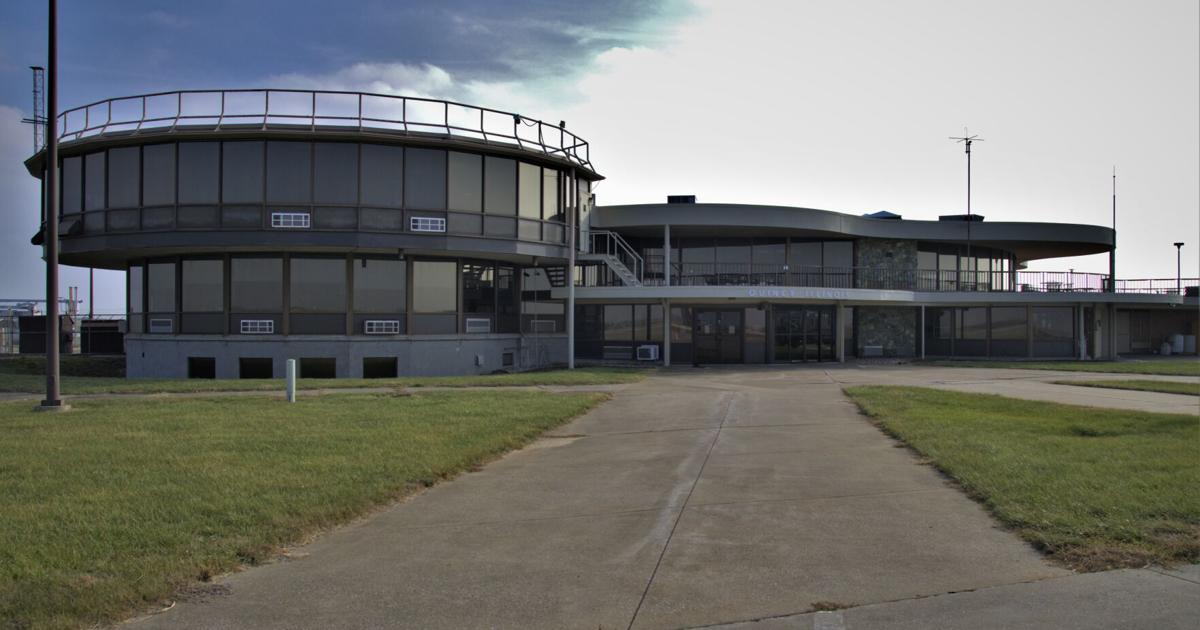QUINCY — In a new letter to the U.S. Department of Transportation, Southern Airways Express objects to a request for the early termination of its contract with the city of Quincy.
“Southern fully intends on not only serving the remainder of our current contract but also garnering (public support) as airline proposals are reviewed (for the next contract period),” reads the Sept. 4 letter from Southern Airways Chief of Staff Keith Sisson. “To this end, we respectfully ask the Department to allow the improvements and investment Southern is making in the marketplace to be realized … we implore the Department to resist the urge to comply (with the city of Quincy’s request) as such drastic action would lead to a globally unsustainable and damaging precedent for the EAS program and the airlines which serve its needs.”
USDOT has the sole discretionary authority of choosing airlines for Quincy under its Essential Air Program program, which is designed to subsidize air travel to small cities to encourage growth, commerce and innovation.
Last month, the Aeronautics Committee requested an immediate end to the contract before its natural conclusion in 2026, and the assignment of a new airline to service Quincy Regional Airport.
In his own Aug. 21 letter to USDOT, Mayor Mike Troup criticized the airline for safety issues at other airports that made him “extremely concerned about passenger safety” on flights provided by Southern. That letter and another June 20 letter also highlighted chronic unreliability, scheduling and flight quantity issues with Southern’s services.
During last week’s Aeronautics Committee meeting, Alderman Eric Entrup, R-1, and airport Operations Manager Bill Lantz explained Southern’s failure to hit a federal-funding-relevant 10,000 passengers milestone has caused the Quincy Regional Airport to miss out on millions of dollars of Airport Improvement Program and grant match money needed for improvements.
In 2026, Southern’s EAS subsidy cap will be $4.399 million, though the airline is only paid for flights flown. Southern executives have previously expressed the current slump in service is not profitable. The airline only flew 66% percent of its contracted flights in August.
In its latest letter, Sisson said the early discontinuation of EAS contracts causes communities to suffer.
“When Muskegon, Mich. chose this path, the resulting chain of events led to a reduction in service due to a depleted pilot base,” Sisson said. “Pilots searched for new career opportunities with longer-term stability. (In that case) basing new pilots in the community was not an option due to the impending termination date. This would most certainly be the case for Quincy as well.”
Southern argues the reliability issues Quincy officials say have lasted for over a year are “very nearly solved and do not represent a systemic and enduring situation.”
According to Lantz, the company recently offered to relocate reserve planes from other regions to bring Quincy’s service up to acceptable standards.
“Reliability issues due to aircraft availability will be greatly improved when Southern is able to relocate its assets from Muskegon, Michigan and Jackson, Tenn., markets which we have expected to exit months ago,” Sisson said.
The company said it has requested a voluntary withdrawal from Muskegon where “operational realities do not favor the Cessna Grand Caravan” to relocate assets to “markets like Quincy … where service has a high probability of being successful” due to the dual hubs of St. Louis and Chicago.
Southern says in the past pilot employment has been an issue in “the mid-Atlantic region” but a rebound plan “led to continued renewals in markets like Bradford, DuBois, and Lancaster, Pa.”
“In the early days of the Quincy contract, Southern was faced with a crew shortage stemming from accelerated growth to meet the demands of the EAS program, rapid pilot churn due to regional airlines backfilling their pilot corps in the wake of COVID-related workforce reductions and the need to share limited pilot resources between multiple bases,” Sisson said. “Due to aggressive hiring, training and retention methods, Southern is now … overstaffed … employing 115% of our pilot needs.”
In response to Troup’s allegation that a Southern plane “land(ed) hard due to weight,” causing the aircraft’s wheels to bend and resulting in a belly landing Sisson said its safety department has reviewed no such claim and has no records of the incident.
“Nothing is more important to Southern than safety, and we will proactively communicate with Quincy officials to resolve any incorrect information they have been provided,” he said.

